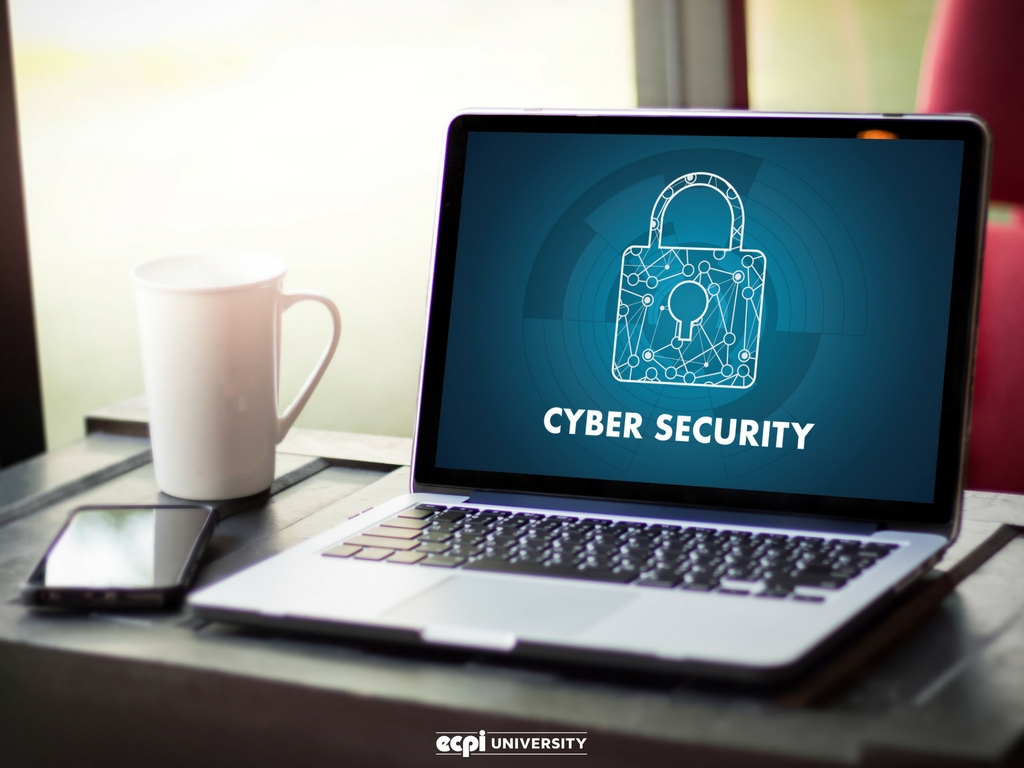Learning Cyber Security from Scratch: How Can I Begin my Educational Journey?
Cybersecurity refers to all the techniques used to protect networks and computer systems from illegal or unauthorized access to personal, business or other classified information via the internet. With hackers and malware getting more sophisticated, cybersecurity is of paramount importance today. A relevant bachelor’s degree is often required to get started in cybersecurity.
Because of the increased sophistication of cybercrime, the required training before you can enter the field has become stringent. The recent high-profile cyberattacks to both government organizations and the private sector have been the impetus for this training.
Cybersecurity Training and Education
Working as a cybersecurity professional requires you to have an interesting blend of ethics, knowledge and the ability to think like a hacker. Many individuals enter the cybersecurity field straight out of college with degrees in computer and information science or other technical degree programs. Others cross over from law enforcement or other backgrounds.
It’s important to note that you don’t need any previous cybersecurity experience to pursue a cybersecurity degree. Even cybersecurity experts in top positions had to start from somewhere! Pursuing a degree in this field is important for anyone aspiring to this field, and especially if you don’t have any prior experience.
When searching for the best bachelor’s degree program in cybersecurity, it’s important that you do your homework. Many degree programs focus more on security, but the best program should be more interdisciplinary. Such programs will emphasize computer science skills to help mold you into a strong cybersecurity professional that can diagnose cybersecurity problems and propose solutions on how to fix them. The ideal cybersecurity degree program will sharpen your basic computer skills and will include courses in legal issues and technical writing.
Is a Degree in Cybersecurity for you?
Before you can take your first step in identifying the course of study, it is important that you ensure that this is the right field for you. Computer science is an analytical field and will demand a lot from you. If you have a strong background in mathematics or strong logic skills, then you will most likely do well in this field.
Why is Formal Education Important in Cybersecurity
Formal education is important in shielding the Nation’s critical infrastructure. In this context, formal education means taking in-person classes or viewing lectures that can either be live or through recordings. This type of education is important to ensure that only the right people will learn the right things and to evaluate outcomes of knowledge transfer.
Other factors why formal education in cybersecurity is important include:
Knowledge and discipline
Formal education will demonstrate your dedication, hard work, and discipline. It will also show that you have obtained the required knowledge, as obtaining a degree in cybersecurity or computer science isn’t an easy task. A degree in cybersecurity will cover other technical subjects such as network security and cloud systems. It should also cover other aspects such as ethical and legal issues, policies, and the current trends among others.
Test the water
There are several cybersecurity roles like penetration tester, information security analyst, and security architect among others. You may be confused on what your path should be and the subspecialty that might fit you best. However, through formal education, you will have enough time to learn all the different facets of cybersecurity and you will be in a better position to figure out which one you’re most interested in.
Degree vs. Learning on Your Own
Once a field that was filled with self-taught hackers, cybersecurity education has shifted to formal learning. Some of the advantages of earning a degree compared to self-learning include:
Learning how to Learn
This may sound silly, but it's true. Many students don't gain valuable study skills in high school. College is different, requiring organization and dedication. Cramming for tests then forgetting it all afterwards won't serve you well in a formal degree program, nor will it help you after graduation. Cybersecurity is hands-on work, requiring practice and guidance.
Through formal education, you will have the benefit of receiving guidance from several qualified professors that have dedicated their life to learning about and working in this field.
Access to the Latest Technology
One of the greatest barriers to learning cybersecurity on your own is the high finances required in purchasing computers and other equipment that only institutions can afford. A great degree program includes laboratories, workshops, and competitions which allow students to work on this advanced equipment, gaining invaluable practice and experience that looks great on a resume.
Are you interested in joining the fight against hackers and other digital predators? If you want to earn a Bachelor of Science Degree in Computer and Information Science with a Major in Cyber and Network Security - Cybersecurity Track, ECPI University is here to help. The school has been designated a National Center of Academic Excellence in Cyber Defense Education (CAE-CDE) by the NSA and DHS! For more information on this exciting program, connect with a helpful admissions counselor today.
It could be the Best Decision You Ever Make!
DISCLAIMER – ECPI University makes no claim, warranty, or guarantee as to actual employability or earning potential to current, past or future students or graduates of any educational program we offer. The ECPI University website is published for informational purposes only. Every effort is made to ensure the accuracy of information contained on the ECPI.edu domain; however, no warranty of accuracy is made. No contractual rights, either expressed or implied, are created by its content.
For more information about ECPI University or any of our programs click here: http://www.ecpi.edu/ or http://ow.ly/Ca1ya.





